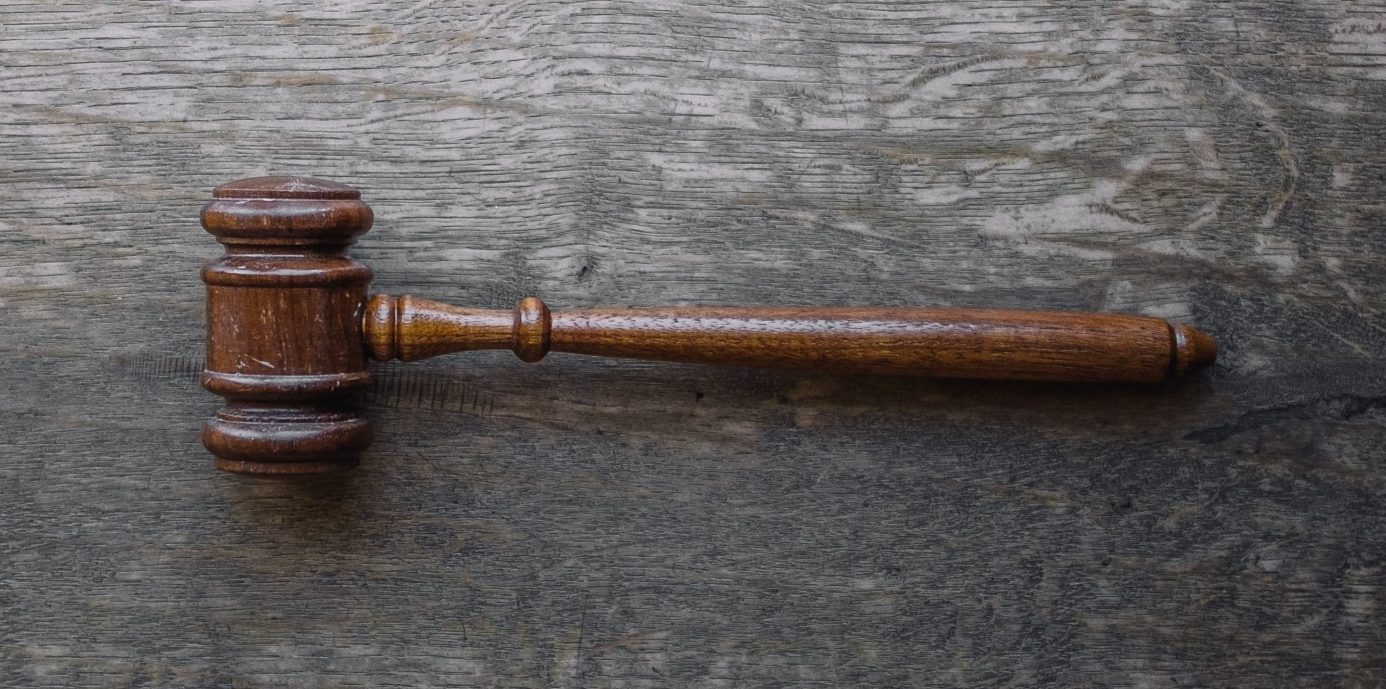Where does the Supreme Court’s Brexit ruling leave our constitution?
The latest episode in the Brexit saga saw the Supreme Court rule that the Prime Minister’s decision to prorogue Parliament for five weeks in the run-up to the 31st October was unlawful. As such, it was found that Parliament had not been prorogued at all and could resume sitting the very next day, which is exactly what MPs did.
It may, therefore, be tempting to view these events as somehow insular, as just another episode in this endless series we call Brexit which, having been resolved, allows us to move on to the next, as we compulsorily binge-watch this latest season of the Brexit chronicles. It even fits into Aristotle’s three-staged account of dramatic structure: Boris prorogues, Boris is found to have acted unlawfully, Boris returns to Parliament to face the shouty, restless, jumbled chamber that is the House of Commons in this day and age. So, has the episode been as neatly tied up as it seems?
Our constitutional set-up is not the same as the American one; it is not a single document crafted by legal scholars and designed to be tested and upheld by courts, but rather a melange concocted from a huge variety of sources and held together by conventions
The simple answer to this is no. There are a great number of loose ends resulting from the court’s decision to rule in the way it did. The loosest of these ends being the major implications it has for our constitution. Now, at this point many readers will find themselves struggling to recollect what exactly our constitution is and what it says. Where is it kept? Who wrote it? What does it start with? These may be some of the questions floating around the cranium.
And to all these questions, the answer is that there is no single solution. Unlike the U.S. Constitution, which is kept in the National Archives, was written by the Founding Fathers and starts with the famous utterance, ‘We the People…’, the British Constitution is not so simple to describe. The written components of our constitution are scattered among myriad sources, from statutes of Parliament to common law and even works by certain authors such as Walter Bagehot. More importantly, our constitution is largely unwritten, heavily dependent on certain conventions.
Among these conventions is that of the royal prerogative – the power that, among other abilities, allows the Prime Minister of the day (on behalf of the Queen) to prorogue Parliament. The Supreme Court quashed the order for prorogation made under the royal prerogative since it prevented Parliament from legislating and holding the executive to account, without reasonable justification for doing so.
There must be prudence-fuelled, tacit agreement among those involved for these crucial conventions to persist
This may at first seem a perfectly reasonable decision. After all, we surely do not want to have government holding the absolute power of a dictatorship, with Supreme Leader Johnson at the helm. But, in its ruling, the Supreme Court found that the courts have the ‘jurisdiction to decide upon the extent and limits of a prerogative power’, mixing the judicial and constitutional realms beyond a comfortable point. Our constitutional set-up is not the same as the American one; it is not a single document crafted by legal scholars and designed to be tested and upheld by courts, but rather a melange concocted from a huge variety of sources and held together by conventions. This allows it to dynamically react to situations in a way that the one across the Atlantic cannot. But, conventions, by their nature, depend on a certain level of consensus. There must be prudence-fuelled, tacit agreement among those involved for these crucial conventions to persist.
There is a phenomenon in quantum physics where a particle’s superposition disappears when one attempts to observe or measure it. In a way, our constitution is susceptible to a similar phenomenon; when one leaves our constitution to work its magic, all is well, but when one looks too hard at it and begins to challenge it, the conventions that bind our constitution start to fade away, seriously endangering its continued feasibility.

Comments